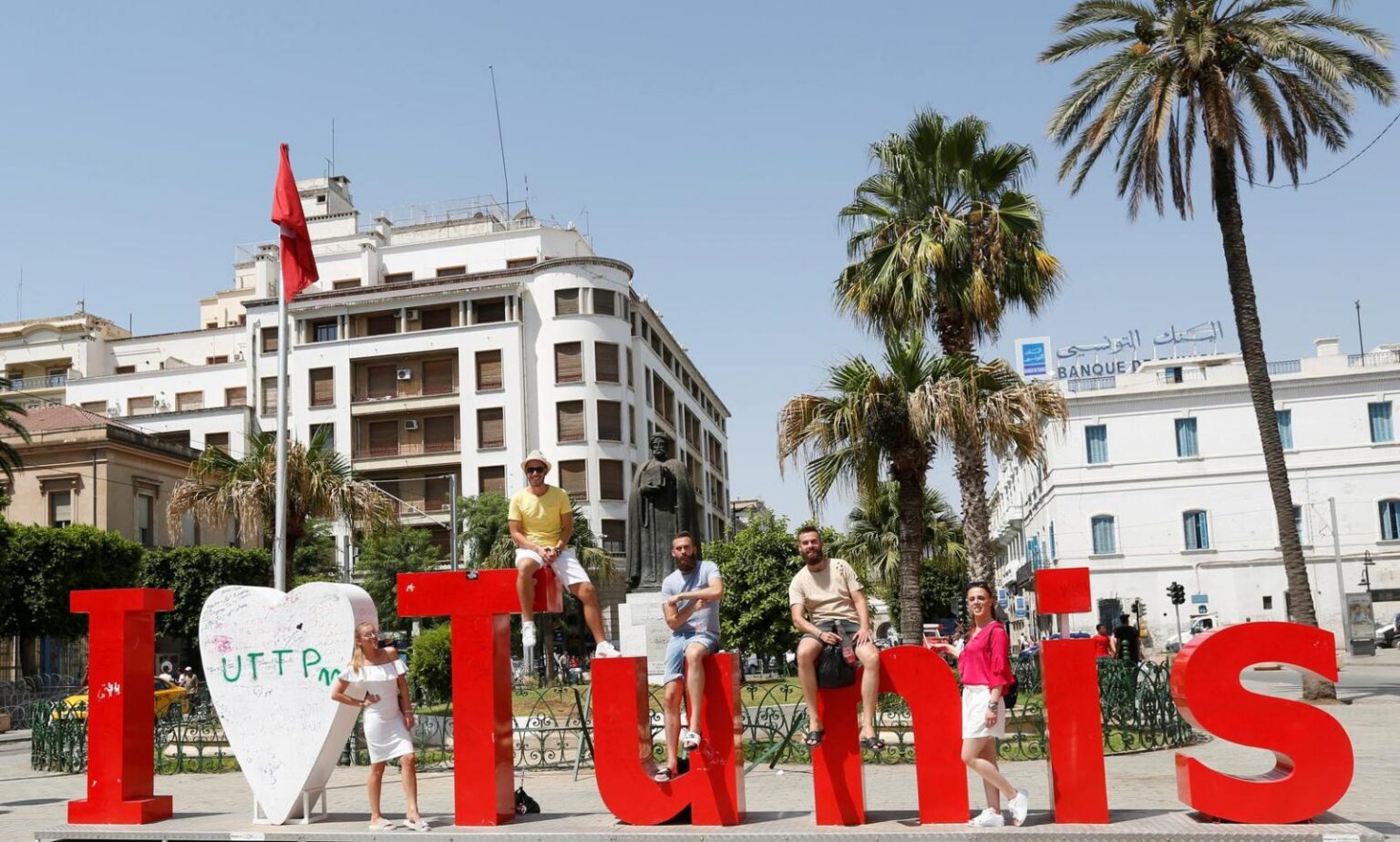Tunis, (Business News Report)|| Tunisia has turned to offering a a national subscription to cover the needs of the 2022 budget, in light of the stifling financial crisis it is going through.
A presidential decree, published in the Official Gazette, stated that Tunisia is in the process of issuing a a national subscription to cover part of the needs of the 2022 budget.
National subscription is one of the methods of borrowing from the local market. The state issues local bonds for specific periods of time. Financial institutions, investors and citizens can purchase them in return for obtaining agreed interest rates.
Tunisia had previously launched a national subscription during the past year. The Ministry of Finance announced last November that the government had raised 1.8 billion dinars ($630 million) from a national subscription in 2021. This was a part of its efforts to finance the budget deficit.
For the seventh year in a row, the authorities are offering local bonds to face annual budget deficit. The last time this happened was during 1986 and before that in 1964.
Tunisia is facing the worst financial crisis in its history, while it hopes to reach an agreement with the International Monetary Fund next April to obtain a loan to bridge the worsening financial deficit, which would allow it to obtain external financing from other partners as well.
A recent government document revealed Tunisia’s need for loans worth 103 billion dinars ($35.9 billion) during the next five years. This exceeds the total historical debts owed by the state, which a recent report issued by the Ministry of Finance estimated at 102.2 billion dinars.
Exceptional measures
Tunisia’s western allies have refrained from lending it since a political crisis erupted following President Kais Saied’s seizure of most of the authorities under exceptional measures he took since last July 25. His opponents described the move as a coup, while he considered it a necessary step to save the country from collapse.
The exceptional measures, including suspending the parliament, constituted a turning point for a country that has been suffering successive crises for ten years.
These crises have been reflected in the livelihood of Tunisians in the form of high prices and services and the faltering of many productive sectors.
Following this step, Fitch lowered Tunisia’s sovereign rating from (B) to (B-), which means that it is a country not worthy of investment.
Tunisia was already suffering economic challenges due to the Coronavirus pandemic, which caused low revenues and high expenditures.
The Foreign Investment Promotion Agency revealed that foreign investments fell during 2021, by 0.5%, to reach 1.87 billion dinars. This is compared to 1.88 billion during the previous year.























































